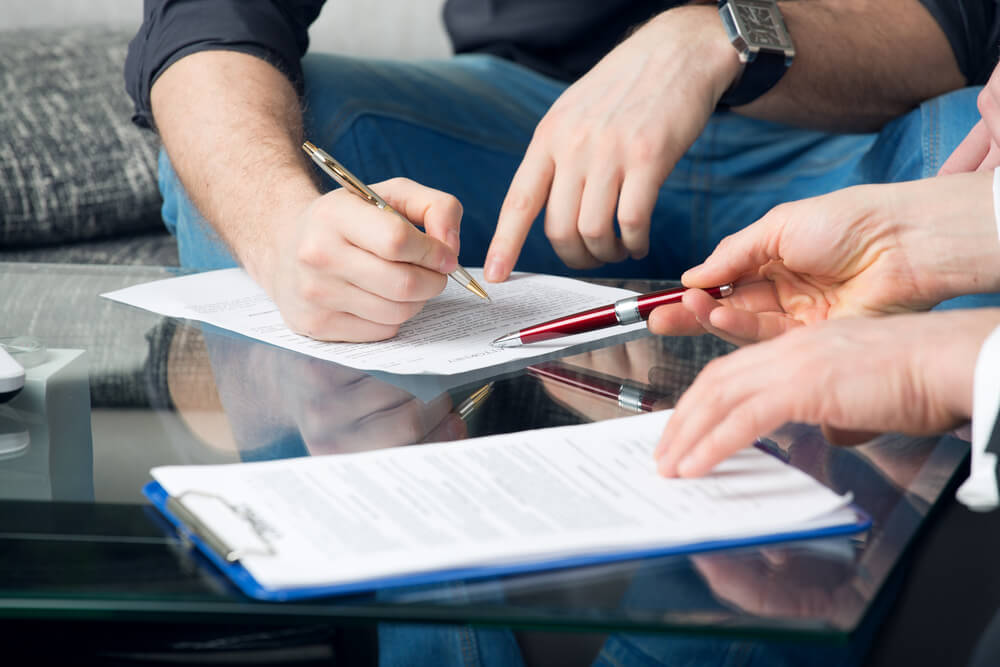24 Sep 2019
Everything you should know about Power of Attorney

Why we need a Power of Attorney, when you should get one and everything else you need to know about Power of Attorney.
What is a Power of Attorney?
A Power of Attorney is a legal document which gives someone else authority to act or make decisions on your behalf if you become incapable of looking after your own affairs.
Why should I have a Power of Attorney?
A Power of Attorney puts you in control by allowing you to decide who will deal with your affairs if you lose capacity. There are many conditions which can lead to or create incapacity: stroke, coma, concussion, severe mental health problems, neurological conditions, brain injury, Alzheimer’s disease and other forms of dementia.
Having a Power of Attorney avoids stress and expense for your loved ones in respect of your finances and welfare should you become incapable. It is only possible to grant a Power of Attorney while you still have capacity.
When would I be considered “incapable”?
Your capacity could be impaired gradually through illness. With certain illnesses, such as Parkinson’s disease, this can be anticipated. It is also possible to lose capacity due to an accident, for example as a result of brain damage from a car crash. The important thing to remember is that this could happen at any time - not just towards the end of your life.
A suitably qualified medical practitioner will be able to confirm whether or not a person is incapable.
What happens if I become incapable without a Power of Attorney?
This could lead to real difficulties for your partner or family. No-one, not even your spouse has the right to act on your behalf without legal authority.
He or she may have to apply to court to get authority to act on your behalf, and this can be expensive and time-consuming. If it is too late for someone to grant a Power of Attorney, it may be necessary to seek a guardianship or intervention order. These both involve a formal application to the courts and will require medical certificates.
It is also necessary to include full details of your estate and, in the case of a financial guardianship order, a legal requirement to produce annual accounts. It may be possible to use the Access to Funds procedure which does not require an application to the courts, but this is only suitable where you have only modest assets.
What powers can be included in a Power of Attorney?
You can include powers dealing with your finances and property (called a Continuing Power of Attorney) or powers to make decisions about your health and personal welfare (called a Welfare Power of Attorney) or both. The continuing powers can be as wide as you wish.
Typically, they will include authority to access bank and building society accounts, so that bills can be paid and other regular payments continued or made. Your attorney will also be able to deal with any investments you may have, as well as dealing with all matters in relation to your house – including dealing with a sale should that be necessary.
It is normal for your attorney to have power to claim pensions and other benefits, and also to complete any tax returns on your behalf. It is even possible to include a power to make gifts, such as birthday presents.
Continuing powers can be exercised at any time after the granting of a Power of Attorney, but it is possible to provide that they can only be exercised when you are unable to do so yourself.
Welfare powers ensure that it is your attorney who makes decisions regarding more personal matters. These can include power to decide whether or not you should have medical or dental treatment. It is also usual for your attorney to have power to decide what sort of clothes you wear and even, to decide on your hairstyle. That said, welfare powers can only ever be exercised at a time when you cannot make those decisions for yourself.
Who should I appoint as my attorney?
Anyone can be appointed to act as an attorney. This can be a partner, family member or friend, or your solicitor or a combination. It should be noted that a person who is currently declared as bankrupt cannot be appointed.
Why use Aberdein Considine?
Our lawyers at every branch will be able to assist you in creating a Power of Attorney and providing legal advice on the matter, answering any questions you might have.
Following the creation of the Power of Attorney, it must be registered with the Office of the Public Guardian before it can be validly used. Again, our lawyers will deal with this on your behalf.
If it is too late to grant a Power of Attorney, our lawyers will be able to assist you with all matters in connection with a guardianship or intervention order and the Access to Funds procedure.
Our lawyers are also able to provide advice in connection with other related matters such as Wills and Advance Medical directives. In addition, should you need any retirement planning or pensions advice, we can put you in touch with one of our specialist financial advisers.
Remember, a Power of Attorney should be seen as a form of one-off insurance policy - do it once and you can rest assured your loved ones will be able to care for your financial and welfare needs should you lose capacity now or in old age.
Given that you require capacity to put a Power of Attorney in place, you should do so sooner rather than later.